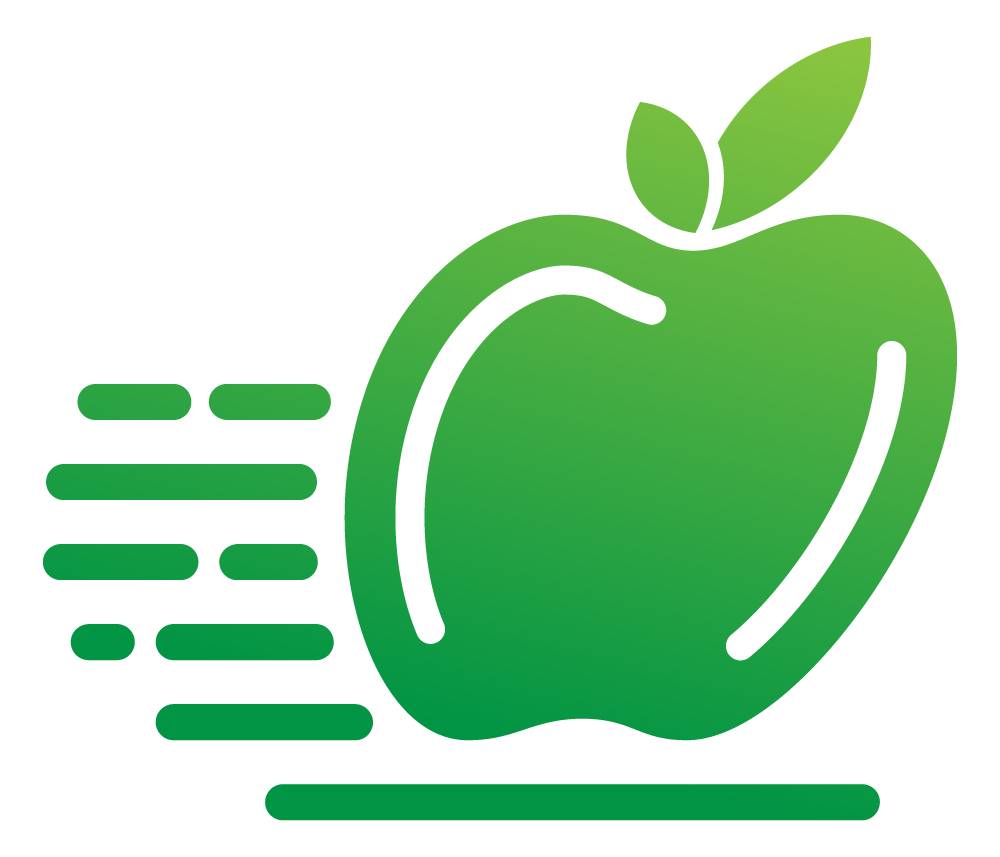False Myth That Frustrates Diabetics: If You Want To Satisfy Your Sweet Tooth Without Compromising Your Blood Sugars, Read This
There is a false myth that diabetics aren’t allowed anything sweet.
As a Type 1 Diabetic, I wholeheartedly disagree. I can’t count the amount of times I have read or been told by doctors and supposed experts that I “cannot eat sugar”, because “sugar is bad for diabetes”.
That is simply not true.
The problem with these kinds of statements is in the definition of “sugar”: when we label as “sugar” everything that contains carbohydrates, we equalize whole carbohydrates to refined carohydrates, and assign a negative connotation to all kinds of healthy foods - including the sweet ones.
In truth, carbohydrates (”sugars”) are a diabetic’s best ally, and there are endless options even to eat sweets while securing perfect blood sugars.
The trick is to rely on whole, unprocessed carbohydrates for your sweet and savory meals.
Craving a “candy”? Nature’s got you covered! All fruits are incredibly healthy and a phenomenal aid for blood glucose regulation.
It is not a case that fruits are also called “Nature’s Candies”, and they are definitely not “bad” for diabetics. It took me a while to let go of that false myth because it was instilled in me at the very early stages of my life as a diabetic. I was advised to go “low carbs” and that was it.
That could not work, and there is a simple reason for that: stable blood sugars on a low carb diet are a false indicator of diabetes health. It’s like saying that you’ve never had an argument with your partner while living your entire life on the top of a mountain alone.
In real life, you get to meet people, get closer to some and sometimes you get to argue a bit with the people you love. The same goes with carbohydrates: you can say you’re a healthy diabetics when you are able to metabolize carbohydrates AND your blood glucose are stable.
When it comes to satisfying my sweet tooth, whole fruits are my go-to. I eat them all the time, ad libitum.
Of course, different fruits have different impact on blood glucose, but by keeping track of my insulin ratios and my lifestyle I can enjoy both fruits like blueberries and watermelons.
With perfectly stable blood sugars and a joyful sweet tooth.
We should not confuse the natural carbohydrates that fruits offer us with sugars like fructose and artificial sweeteners. The lack of fiber and nutrients of artificial sweeteners is the reason behind the spikes: they are absorbed directly into your blood and raise blood sugars very quickly.
So, if you want to satisfy your sweet tooth as a diabetic, you should definitely go for whole fruits, a.k.a Nature’s Candies.
And you can totally eat plenty of carbs that improving your insulin sensitivity and avoiding spikes.
All you have to do is:
keep track of your ratios,
eat whole, unprocessed foods (like fruits, whole grains and legumes if you want something savory),
count your carbs,
be precise and consistent with your measurements and your calculations,
always take the time to analyze what has happened and adjust your strategy as you go.
“What gets measured gets managed”: diabetics who keep track are healthier, diabetics who do things at random with the YOLO approach will get frustrated and will experience consequences.
This is not to say that you are not allowed anything else than fruits - if you feel like having that piece of cake to make grandma happy, definitely go for it. This is to say that when you eat whole unprocessed carb rich foods 90% of the time, your insulin sensitivity is going to skyrocket, and your blood sugar stability is going to improve as a consequence.
Remember this:
Whole, unprocessed carbohydrates (fruits, whole grains, etc.) contribute to your insulin sensitivity and your blood sugar stability.
Refined carbohydrates (pasta, bread, cakes, etc.) will cause spikes and increase your insulin resistance.
Golden rule: feast on the former, avoid the latter.
However, as a diabetic you still have to be mindful when you eat your carbs, because if the insulin you give is wrong you are going to face some troubles. Sohere are some actionable tips I, as a Type 1 Diabetic, use daily to make sure I enjoy all the carbs I want without compromising my blood sugars (for context: I eat on average 600 grams of carbs per day, inject an average of 25 units and my time in range is above 90% on a consistent basis) :
#1: I track everything on a journal. I annotate everything: how many carbs, proteins, fats and insulin. How much I slept, moved and drank, my levels of stress, and how my blood sugars are behaving. By doing this, I am able to adjust my ratios at every meal, understand the patterns and fine-tune my diabetes management hour by hour.
#2: Go for fruits! Fruits not only are sweet by nature, but they come with a whole bunch of fibers and nutrients which are going to nourish your body and stabilize your blood sugars. Whenever I need a snack or something to stabilize my blood sugars, fruits are my go-to. Depending on the context, I might opt for fruits that act slower (berries) or faster (bananas) on blood sugars.
#3: Eat slowly. Lastly, the golden rule for eating carbs for stable blood sugars is to eat slowly. Rushing through a carb-rich meal is almost guaranteed to generate a spike, but you can counteract that by simply taking your time to chew. When I have the occasion, I like to split my meal in half and take at least 10 minutes to go through each half. If I am at work or more in a rush, I still make sure I don’t binge on my food too fast.
So don’t fall for the false myth that “sugars” are bad for diabetics.
It all depends on what we mean by sugars: the refined sugars and carbohydrates that surround us in the modern world (pastas, cookies, cakes, etc.) are surely bad for health.
But with fruits and the food that nature has created for us, you’ll always be safe.
The next time someone advises you to avoid fruits (and carbs in general) because they are unhealthy, ask yourself this question: if these foods were so unhealthy, how is it that humans have evolved and thrived as a species by eating exactly those?

